The New York Academy of Sciences and the Leon Levy Foundation Announce the 2025 Leon Levy Scholars in Neuroscience
New York, NY | April 29, 2025 — The New York Academy of Sciences and the Leon Levy Foundation have announced the 2025 class of Leon Levy Scholars in Neuroscience, extending a program that has fostered the work of over 180 neuroscience scholars since its launch in 2009.
This distinguished postdoctoral initiative supports outstanding early-career scientists conducting pioneering neuroscience research throughout New York City’s five boroughs. From a highly competitive applicant pool representing more than a dozen institutions citywide, ten scholars have been selected for a three-year fellowship as they continue their path toward becoming independent principal investigators.
Nicholas B. Dirks, the Academy’s President and CEO said, “Private funding for postdoctoral researchers has become increasingly vital as federal support for scientific research is cut. This is why we are so grateful to the Leon Levy Foundation for their support of emerging neuroscientists in pursuing innovative and high-risk research across New York City. The Leon Levy Scholars in Neuroscience program sustains our region’s research pipeline and ensures that young investigators can thrive, ultimately advancing the field of Neuroscience in ways that benefit science and society alike.”
The Scholars program includes both scientific and professional career development opportunities such as invitations to present at scientific scholar meetings, structured mentorship by distinguished senior scientists, and professionally led workshops on grant writing, leadership development, communications, and management skills. The program facilitates networking among cohorts and alumni, data sharing, cross-institutional collaboration, and the annual Leon Levy Scholars symposium held in the spring. The Leon Levy Scholars in Neuroscience is part of a series of prominent awards and scholarship programs that the Academy and its partners present each year to accomplished early-career and established scientists worldwide. These initiatives, along with education and professional development programs for students and young scientists, reflect the Academy’s broader commitment to strengthening and diversifying the pipeline for skilled and talented scientists globally.
The 2025 Leon Levy Scholars
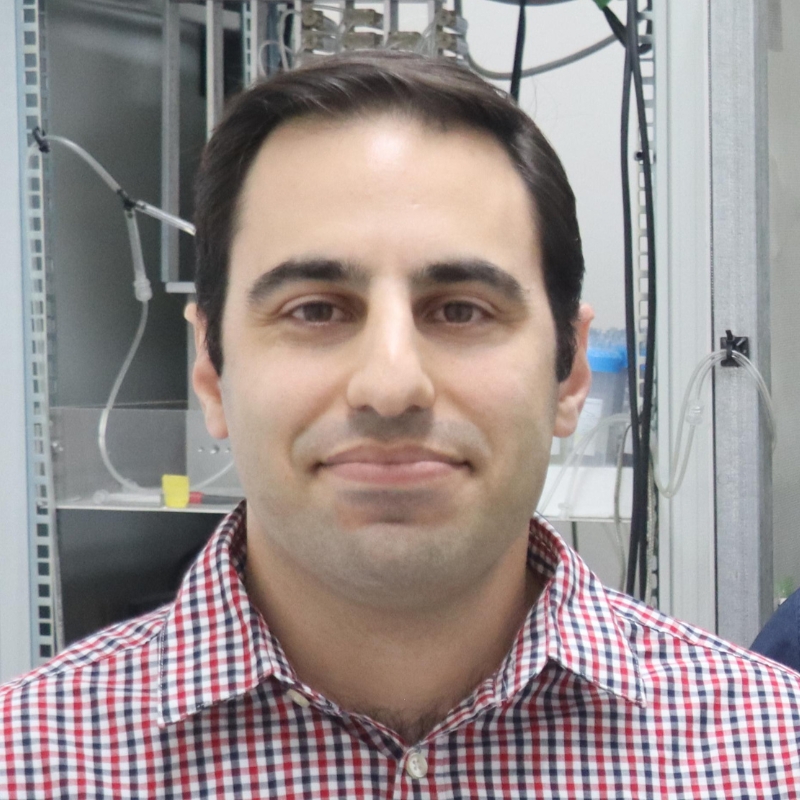
Eyal Rozenfeld, PhD, NYU Langone Health, Neuroscience Institute
Recognized for: Identifying the neural mechanisms for territory formation in mice.
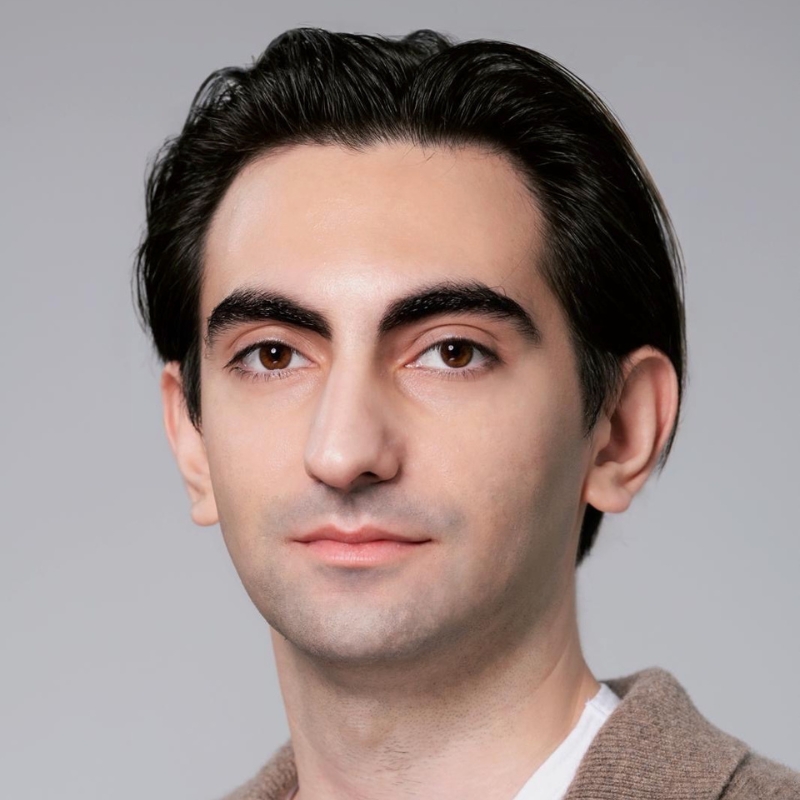
Matthew Eroglu, PhD, Columbia University, Howard Hughes Medical Institute
Recognized for: Examining how nervous system specific nuclear structure supports neural function.
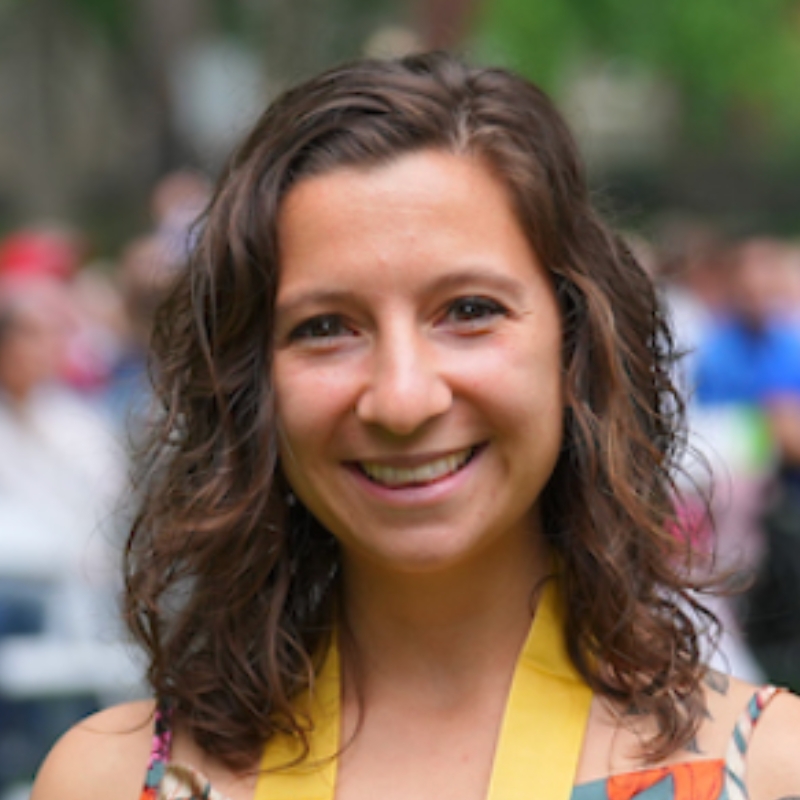
Veronika Kondev, PhD, Icahn School of Medicine at Mount Sinai
Recognized for: Identifying the neurobiological mechanisms underlying substance use disorder, with a focus on relapse behavior.
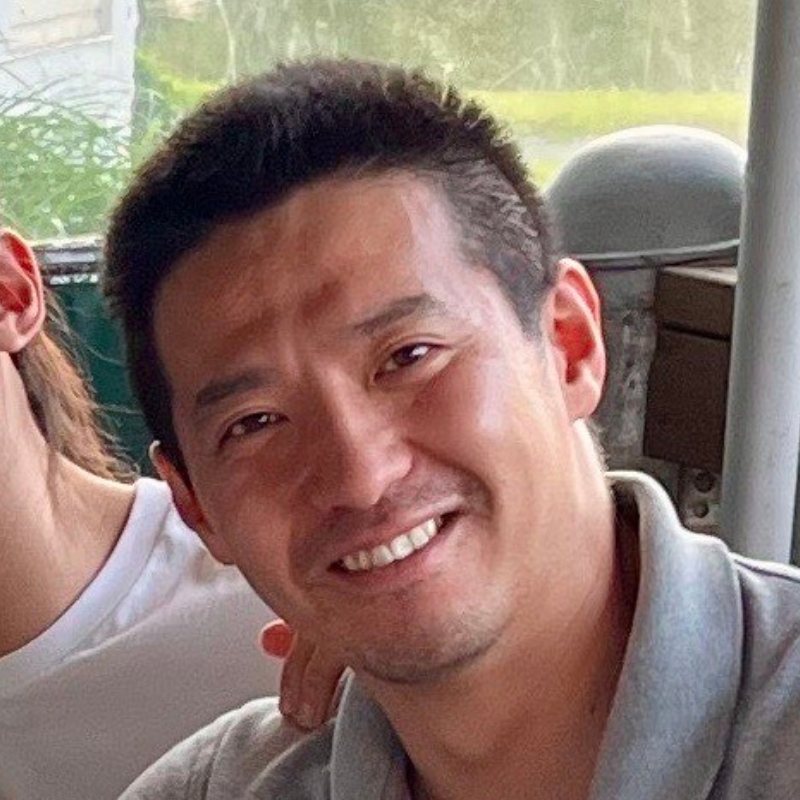
Yuta Mabuchi, PhD, Columbia University, The Mortimer B. Zuckerman Mind Brain Behavior Institute
Recognized for: Studying the molecular and neuronal mechanisms underlying species-specific differences in parental behavior using Peromyscus (deer mice).
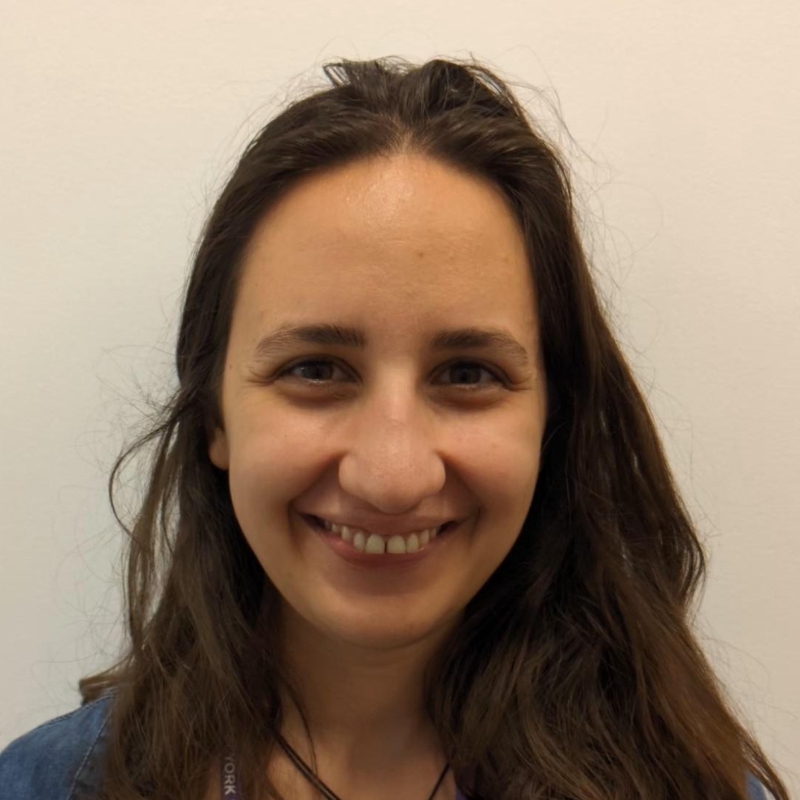
Ece Sakalar, PhD, New York University, Center for Neural Science
Recognized for: Deciphering the organization of thalamocortical circuits involved in thinking and decision-making.
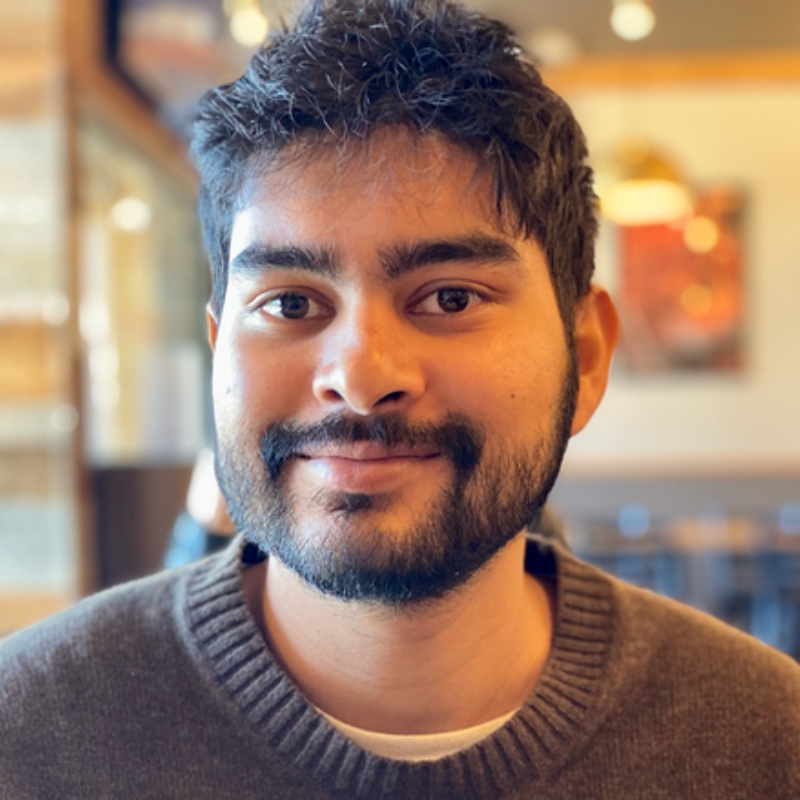
Sreejan Kumar, PhD, Columbia University, New York University
Recognized for: Computational modeling of the neural mechanism by which the brain implements flexible, goal-directed behavior.
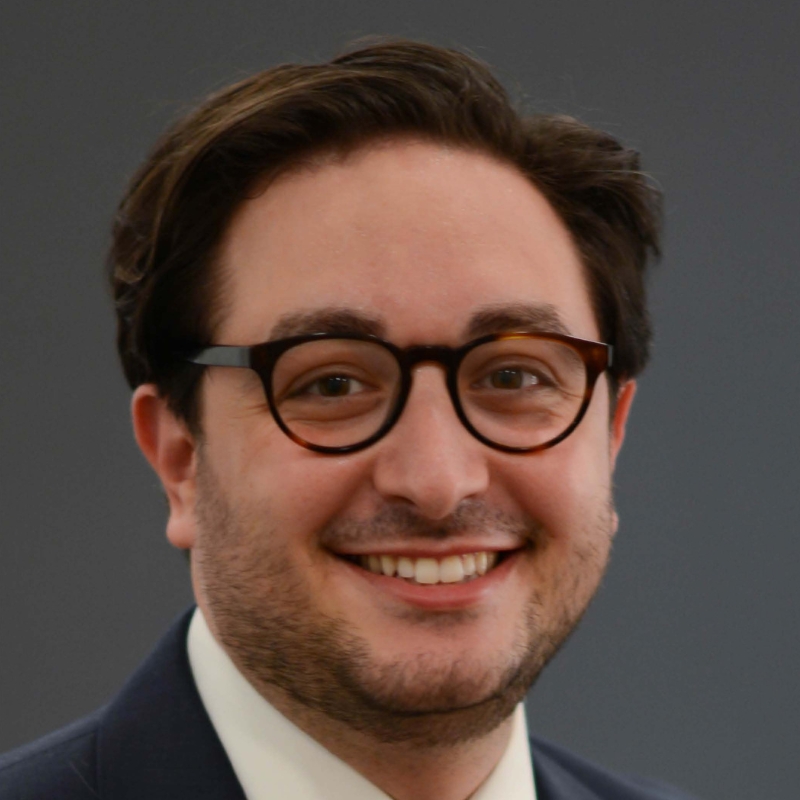
Aryeh Zolin, MD, PhD, Weill Cornell Medicine, NewYork-Presbyterian/Weill Cornell Medical Center
Recognized for: Examining how the pathology that drives neurodegeneration in Parkinson’s Disease is transmitted between neurons and spreads through neural circuits.
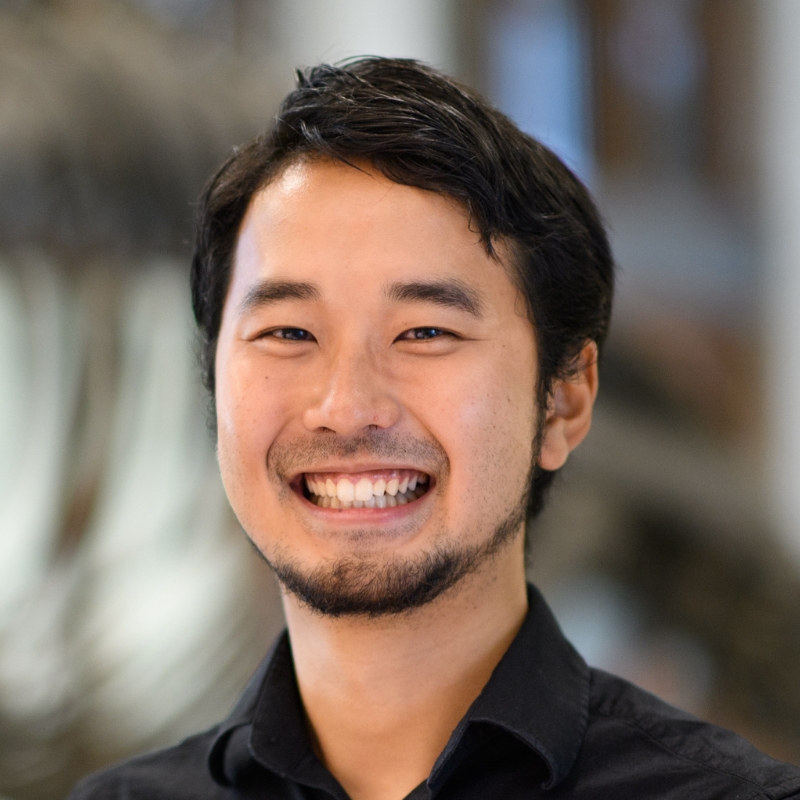
Yuki Haba, PhD, Columbia University, The Mortimer B. Zuckerman Mind Brain Behavior Institute
Recognized for: Investigating the genomic and neurobiological bases of social recognition in the African naked mole-rat.
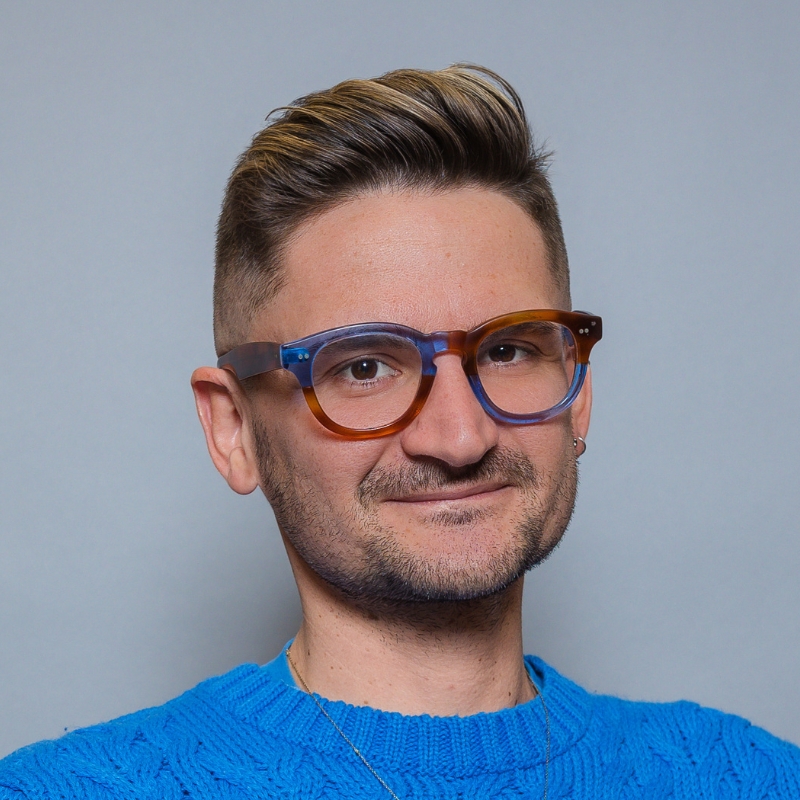
Francesco Limone, PhD, NYU Grossman School of Medicine, Institute of Translation Neuroscience
Recognized for: Understanding the disruption of healthy neuron-astrocyte communication in neurodegenerative diseases.
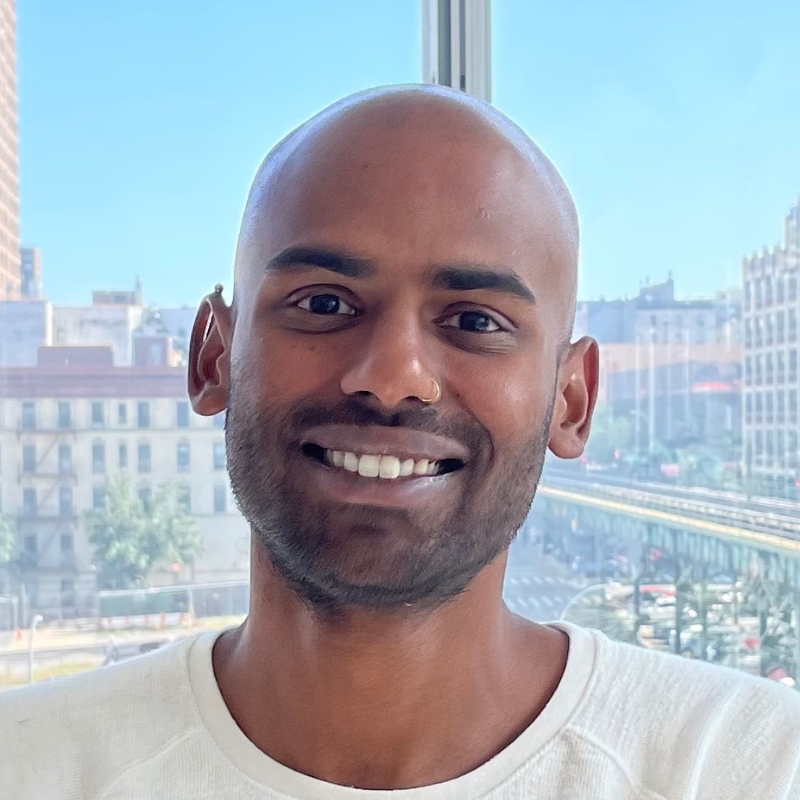
Keshav Balaji Suresh, PhD, Columbia University, The Mortimer B. Zuckerman Mind Brain Behavior
Recognized for: Defining astrocyte-neuron interactions underlying the natural motor skill of birdsong.
About the Leon Levy Foundation
The Leon Levy Foundation advances the humanist values of understanding, appreciation, and preservation through grantmaking guided by the deep and diverse interests of Leon Levy and Shelby White. The Foundation supports work, primarily in New York City, that enhances cultural life, expands knowledge, and encourages exceptional achievement across a broad range of fields.
To learn more, visit: www.leonlevyfoundation.org
About The New York Academy of Sciences
The New York Academy of Sciences is an independent, not-for-profit organization that since 1817 has been committed to advancing science for the benefit of society. With more than 16,000 members in 100 countries, the Academy advances scientific and technical knowledge, addresses global challenges with science-based solutions, and sponsors a wide variety of educational initiatives at all levels for STEM and STEM-related fields. The Academy hosts programs and publishes content in the life and physical sciences, the social sciences, nutrition, artificial intelligence, computer science, and sustainability. The Academy also provides professional and educational resources for researchers across all phases of their careers. Please visit us online at www.nyas.org.